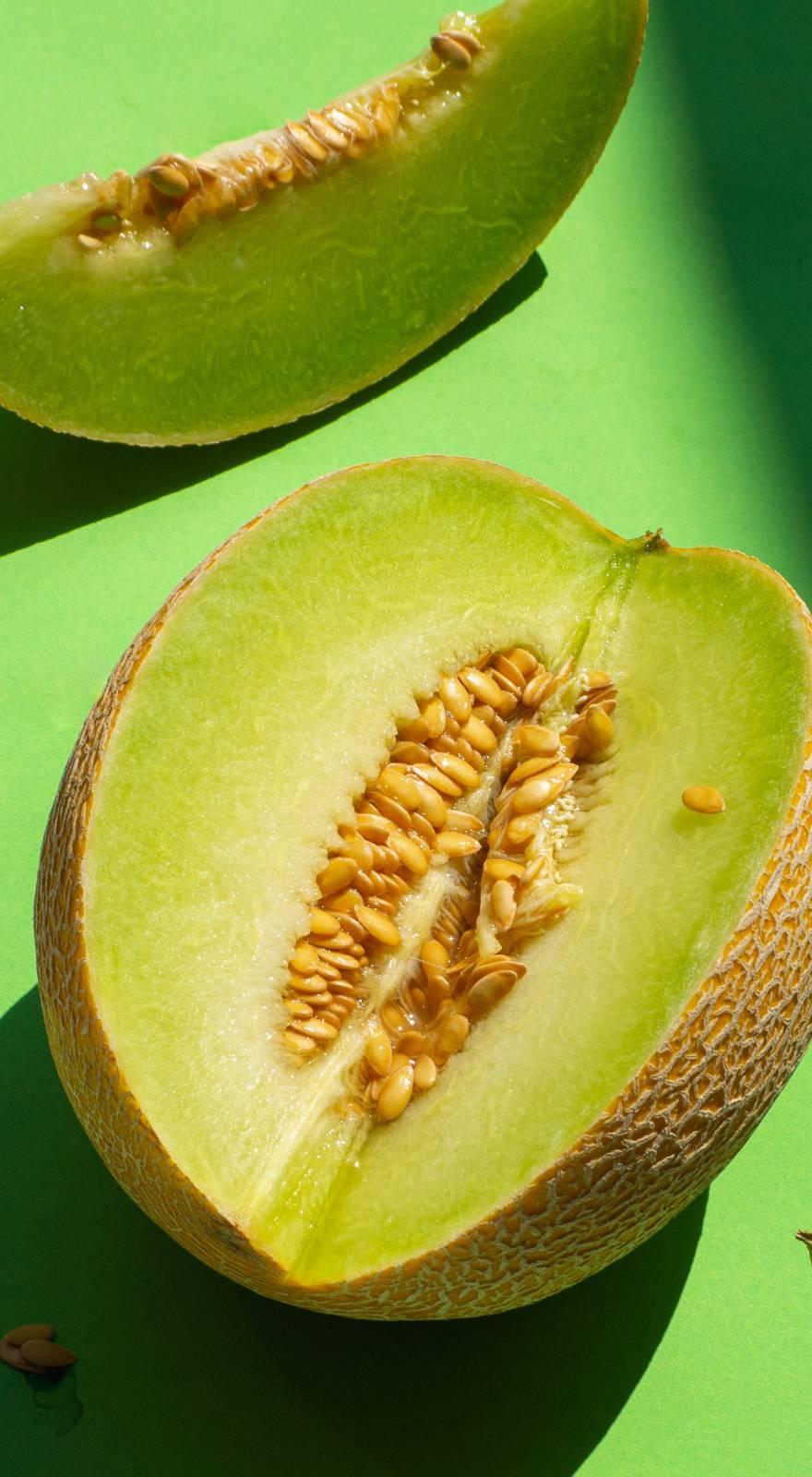Knowde Enhanced TDS
Identification & Functionality
- Enzyme Type
- Ingredient Name
- Food Ingredients Functions
- Ingredients
- beta-amylase
- Technologies
Features & Benefits
- Food Ingredients Features
Applications & Uses
- Markets
- Applications
- Application
- BIOMALT must be applied to previously dextrinized starch, following a treatment with alpha amylase (BIALFA or BIALFA T).
- The reaction can be carried out at pH 5.5 and at a temperature of 50°C. With BIOMALT only <1% of glucose and between 70-80% maltose. The rest are maltotriosa (12%) and other longer chains. Therefore, BIOMALT especially indicated to avoid the formation of glucose.
- In addition, the presence of maltotriose gives it a flavor characteristic. BIOMALT can be used to complement the diastatic power of malt in brewing processes.
- BIOMALT can be added to the dough during the preparation of the bread, to release fermentable maltose, which will provide a special character to the bread. On the other hand, it helps keep the dough fluffy and fresh for longer.
- Dosage
- For concentrations of dextrinized starch between 10-30%, the recommended dosage is 0.5-1.2 Kg/Ton of starch.
- For breweries, the dosage will depend on the diastatic power of the malt to be supplemented.
Regulatory & Compliance
- Compliance
BIOMALT is a food grade enzyme that meets the requirements of JECFA and FCC.
Technical Details & Test Data
- pH & Temperature Data
pH effect
- BIOMALT has an optimal working pH between 5 - 7. In addition, the enzyme is highly stable at pH between 5.0 - 9.0.
- In presence of dextrinized starch, the enzyme shows its optimal activity in a pH range between 5-6.
Temperature effect
- The activity of BIOMALT increases with temperature, obtaining its maximum at 60ºC.
- It is recommended to use for below 60ºC to avoid loss of activity. In the presence of dextrinized starch, the enzyme shows its activity optimal at 58ºC.
- Activity
The product has a minimum activity of 1000 DPº/g.
Packaging & Availability
- Packaging
The enzyme is presented in 1kg polyethylene/aluminum bags or in the same type of bag in 10 or 25 kg with a cardboard box.
Storage & Handling
- Storage
- BIOMALT must be stored in a cool (no more than 10ºC) and dry place.
- Avoid contact with light.

